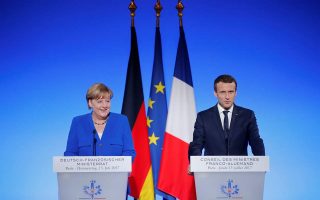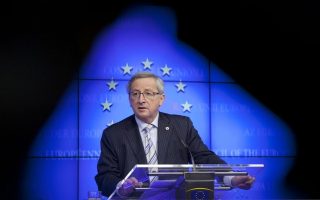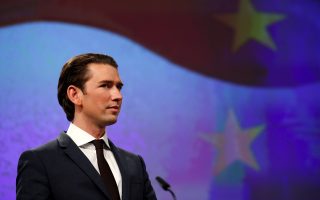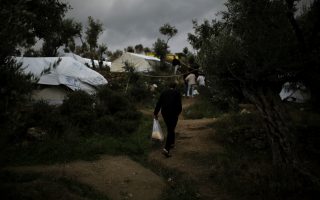A crucial year for Europe
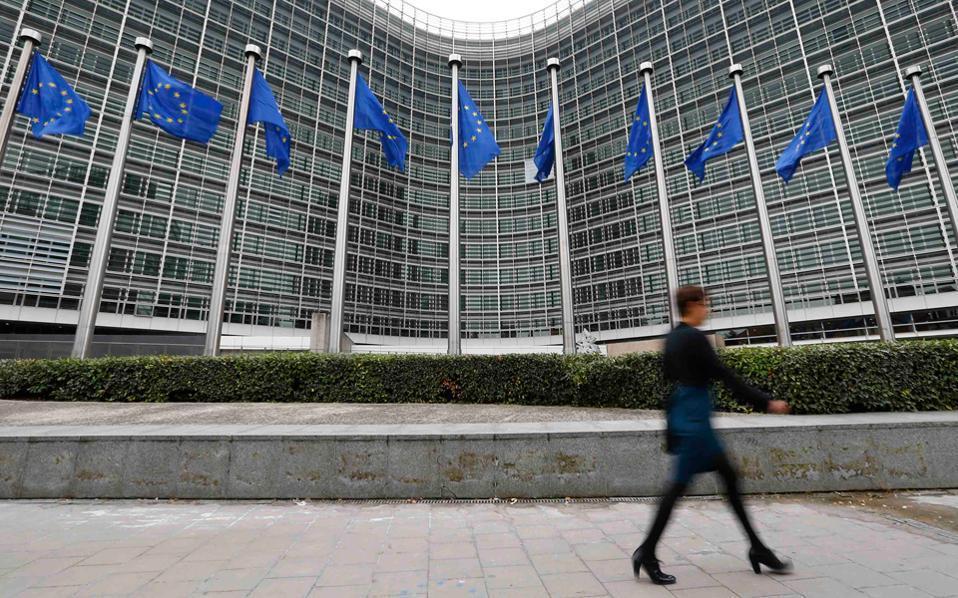
Next year will be crucial for the future of Europe as three major institutions will see major change.
It will be the first time that a new head of the European Central Bank will be selected, a new European Commission be appointed and elections be held for the European Parliament in the same year, Enrico Letta, former prime minister of Italy, noted on Thursday.
“The change of institutions is not disconnected from politics,” Letta stressed. “Who is president of the ECB is not inconsequential to the average European’s life. I believe that if we didn’t have Mario Draghi at the ECB we wouldn’t have Europe today. I think everything would have fallen apart,” he said.
It was an apparent reference to Draghi’s rejecting German objections and declaring in 2012 that the ECB would do “whatever it takes to preserve the euro,” putting an end to uncertainty regarding the common currency and the economy of several countries.
Letta, who is now president of the Jacques Delors Institute think tank in Paris, was speaking at a forum titled “A New Hope for Greece,” organized by the French magazine L’Obs with Kathimerini and the Stavros Niarchos Foundation Cultural Center.
He noted also the disappointment of many citizens in Europe. Fifteen to 20 years ago, Italians and Greeks were at the top of the list of citizens who considered themselves European. Now they are at the bottom, he said. “We must have a Europe that will make all its institutions follow a democratic trajectory,” Letta added.
Europe is clearly at a critical point, facing serious internal problems at a time of global uncertainty. Its choice is between greatness and irrelevance.
The people who will fill its top positions will determine its course, while the institutions that they lead will have to make clear that the citizens are their priority.
If the Europeans elect members of the European Parliament who are indifferent to the common good, if they elect governments that do not care about Europe’s future, if those governments select commissioners who do not have vision and the guts to implement it, the whole project will fail.
It is fortunate that Emmanuel Macron was elected president, and that Angela Merkel and Martin Schulz finally agreed on a coalition.
The possibility, though, that we might not have had these governments in France and Germany (once the SPD ratifies the deal) shows how fragile Europe still is. The game might have already been over.
In Greece, always in the throes of domestic strife, it would be useful if we kept in mind that our welfare depends on our active participation in a dynamic, democratic Europe – and that we must work toward this. We must remember this when we vote this year or next.

